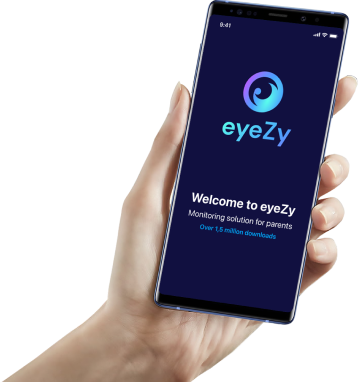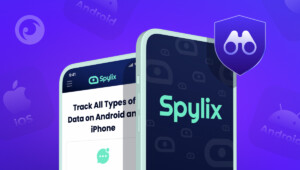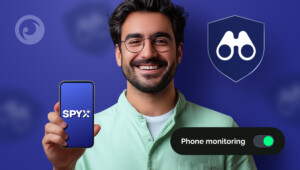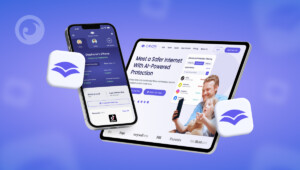
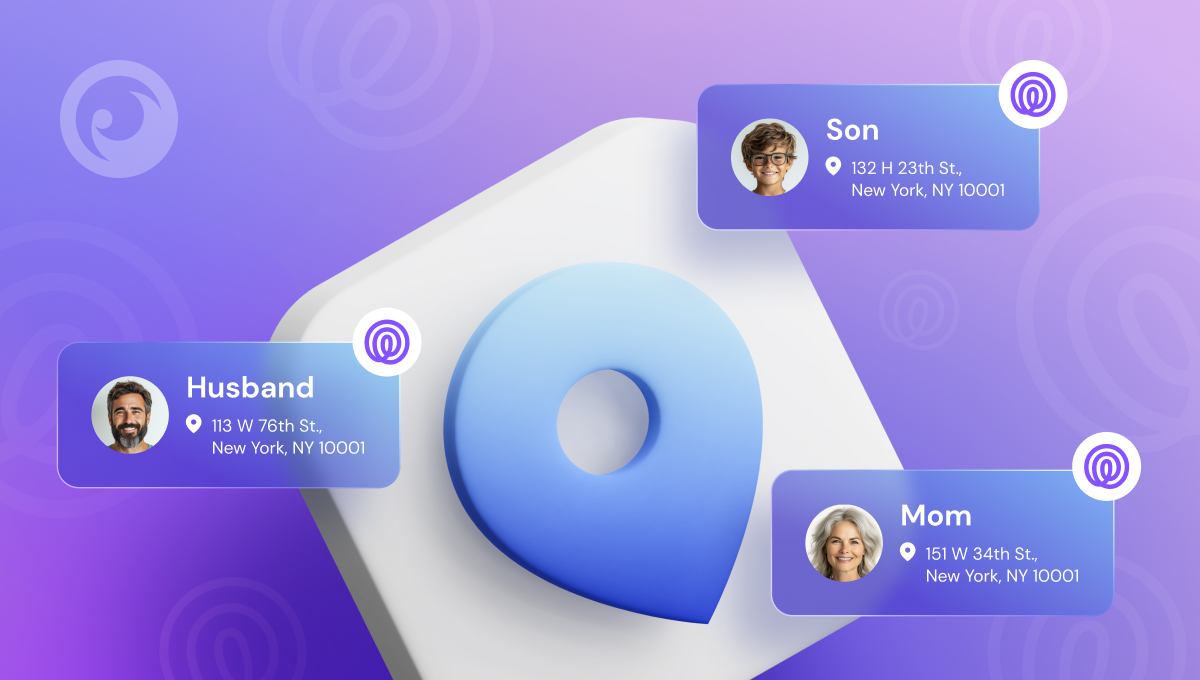
Keeping your family close, even when they’re miles apart, is more achievable than ever with location tracking apps. These handy tools not only help you stay informed about your loved ones’ whereabouts but also provide a sense of security and peace of mind.
As busy schedules and daily commitments pull families in different directions, the need for reliable location trackers has never been greater. Apps like Life360 are setting the standard, proving to be a reliable companion for those navigating the day-to-day hustle.
Whether it’s a quick check-in or an emergency alert, such tools revolutionize how families interact and care for each other. In this article, we’ll explore 6 life360 alternatives so you can choose the perfect fit for your family.
Table Of Contents
What Is Life360 and How It Works?
Life360 is a location-sharing app that helps parents keep track of their children and other family members. This app is a popular choice for families looking to stay connected. Its core feature is real-time location tracking, which lets you see where your family members are at all times.
You can set up geofence to get alerts when they arrive or leave specific places. In case of emergencies, the SOS button provides quick access to help. Life360 also offers unique driving reports, giving insights into your family’s driving habits.
While Life360 is excellent for GPS tracking, it doesn’t offer deep insights into a person’s activities, focusing more on location-based safety than comprehensive monitoring. Is Life360 the best option for your family’s needs? Let’s find out.
#1: Life360 vs Eyezy

Eyezy is a reliable monitoring solution with over 30 features designed to track phone activities. Just like Life360, Eyezy offers basic features like location tracking and geofencing. Using these features, you can view the 30-day location history and current whereabouts on the real-time map.
You can also set dangerous and safe zones to get instant alerts about your family’s movements between these areas. Eyezy doesn’t stop there and takes monitoring to the next level. Here are some key features:
- Social media monitoring. View incoming and outgoing messages on popular apps like Instagram, Facebook, Snapchat, X, Tinder, and more.
- Call history. Find out who they are talking to on the phone and spot any suspicious numbers to protect them from scammers.
- Chrome extension. This new, unique feature lets you monitor what a person searches for on their computer browser. This includes visited websites, saved bookmarks, and even their activity in Incognito mode.
- Keyword alerts. Restrict words associated with bullying, adult content, mental issues, or gaming and receive alerts when used in chats or web searches.
- Wi-Fi connection. Access the list of networks they connect to in certain places and learn more about their favorite spots.
This is just a small part of what Eyezy is capable of. Once installed, it can provide valuable insights into your family’s activities, allowing you to protect everyone from potential risks.
#2: Life360 vs Bark
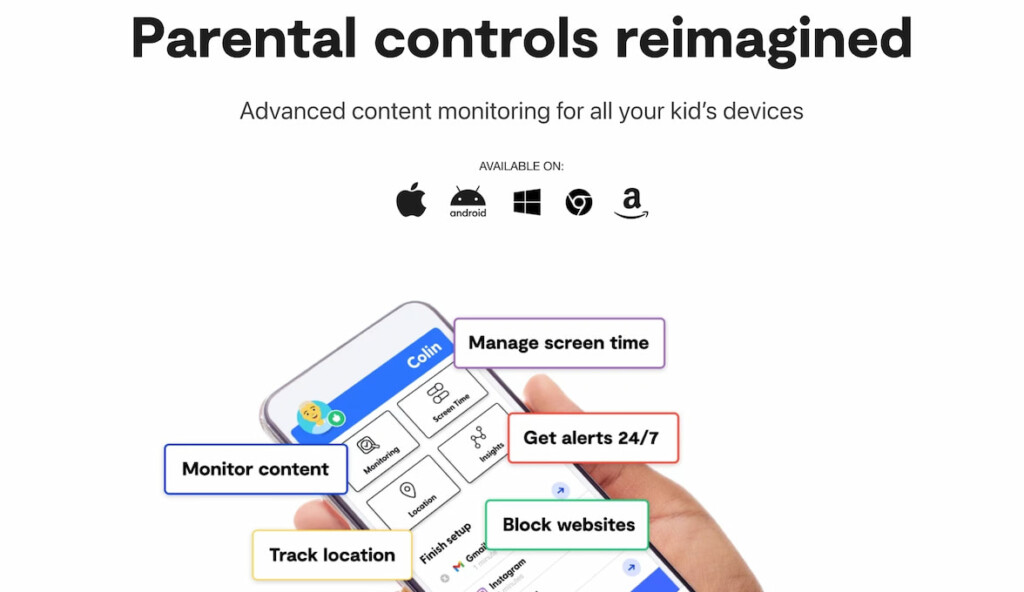
Bark is a popular parental control stuffed with content filters and screen time managing features. While both apps have similar location features, Life360 is much more limited compared to Bark:
- Screen time management. With Bark, you can set rules for school, bedtime, and free time. You can choose how much time kids can spend on a certain app or block website categories or apps.
- Social media monitoring. View the text content of chats on popular messaging platforms. Bark mainly captures the direct messages. The number of apps covered differs based on the phone OS.
- Email monitoring. Look through sent and received emails with attachments on Gmail, iCloud, Outlook, and Yahoo.
- Web history viewing (Android only). See the complete list of web searches and incognito history in Chrome and Firefox.
- Content filters. Receive a notification when the app detects suspicious activity associated with bullying, anxiety, self-harm, sexual content, violence, and other dangers.
Compared to Life360, Bark offers a more proactive approach to online protection, giving parents greater control over their children’s digital lives.
#3: Life360 vs Family360
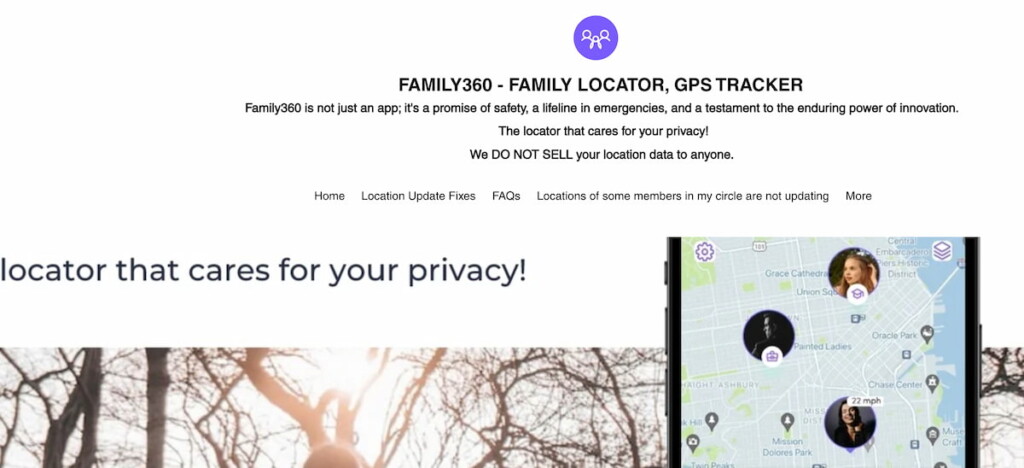
Both Life360 and Family360 bring peace of mind to families by offering essential tools for connectivity and safety. They share a range of useful features designed to enhance family interaction:
- Private circles. Create private circles for secure location sharing and easy communication with family members.
- Location sharing. Share real-time locations and view up to 30 days of location history of visited places and trips.
- Smart notifications. Get alerts when family members arrive or leave specific places and when their phone battery is low.
- Real-time traffic updates. Family360 offers real-time traffic information on the map, helping you avoid delays for family events.
Family360 is a good basic option, but Life360 stands out with better location accuracy, extended location history, and more consistent geofencing alerts. If you need more precise tracking, Life360 is the better choice, though it comes with a higher price tag.
#4: Life360 vs FamiSafe
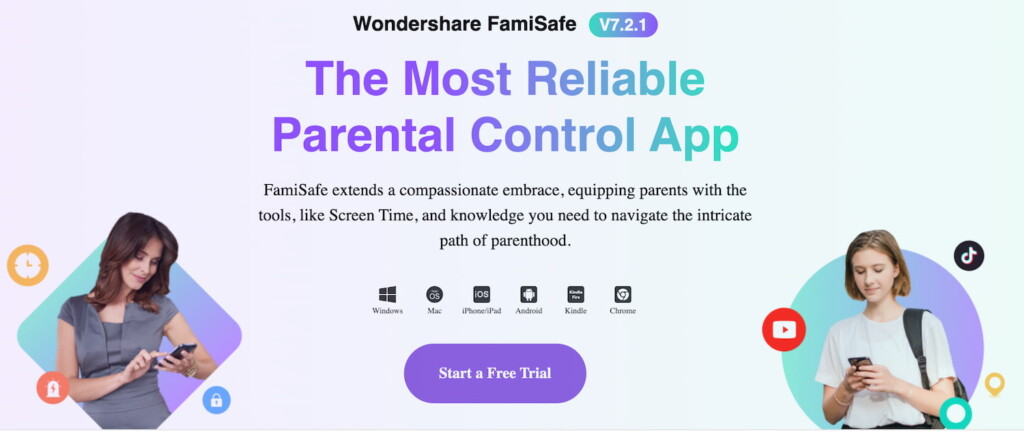
As the name suggests, FamiSafe is a parental control solution that helps parents manage their kids’ screen time. The app provides features based on your children’s age group. FamiSafe divides kids into 3 groups: early childhood (6-11 years old), young teens (12-14 years old), and teenagers (15-18 years old).
- Driving report. Similar to Life360, FamiSafe provides driving reports that monitor teen driving habits, including dangerous behaviors like speeding and hard breaks.
- TikTok history. Monitor your child’s time on TikTok, view their activity on the app, and set screen time limits or block it altogether.
- Screen time management. Gain insights into your child’s screen time, set limits on device usage, and restrict access to specific apps to promote healthier digital habits.
- Browser history. Filter out inappropriate websites by category and use Safe Search to block explicit content from appearing in search results.
- Inappropriate pictures. Receive alerts if explicit images are found in your child’s photo gallery, giving you the ability to remove them.
FamiSafe is a powerful tool for parents needing more than location tracking. Its robust set of features for managing screen time and online content offers a more complete solution for digital parenting than Life360.
#5: Life360 vs Find My
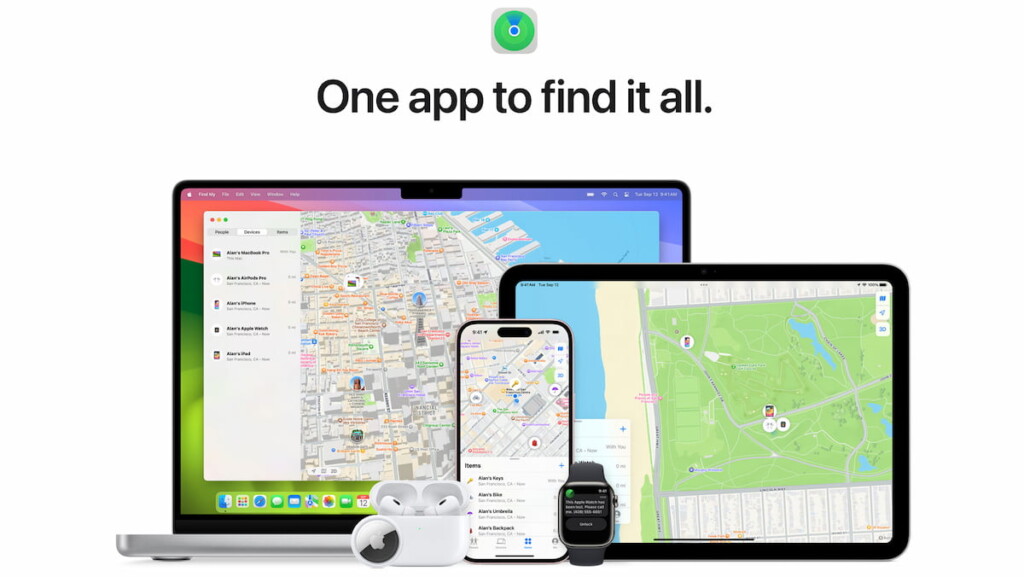
If you’re looking for free apps similar to Life360, Find My might be a great alternative. It is a location tracker built into all Apple devices. Created to track lost devices, Find My offers a location-sharing feature to help family members and friends keep tabs on each other or check in when needed.
Find My doesn’t offer many features, but it might be enough if you need to locate someone’s iPhone quickly. And it’s super easy. All you need to do is log in to your account, choose the device you want to track, and see its location on the map.
If you’ve lost your own device, you can play the sound to pinpoint its location. In case, the device is somewhere far away, you can notify a finder with a message that will be displayed on your phone screen. You can also erase your personal data and then restore it from iCloud backup.
#6: Life360 Silver vs Gold (bonus)
Life360 Silver and Life360 Gold offer different levels of family tracking and safety features. Silver ($4.99/month) includes real-time location tracking, two days of location history, and crash detection. It’s a basic plan for families who need simple location sharing.
Gold ($9.99/month) adds 30 days of location history, crime reports, roadside assistance, and SOS alerts. It’s ideal for families who want enhanced safety features and emergency support.
If you need basic tracking, Silver is enough. But if you want more security, emergency services, and expanded history, Gold is worth the upgrade.
Final Thoughts on Life360 Alternatives
Life360 offers reliable and accurate location tracking with helpful features like driving reports and crash detection, making it a good choice for families focused on safety on the go. Its main limitation is that it focuses almost exclusively on location-based services without offering broader monitoring tools.
If your family needs more comprehensive protection, especially in the digital space, Eyezy is a top alternative. Eyezy’s wide array of monitoring features provides a more thorough solution, helping you enhance your family’s physical and online safety.
